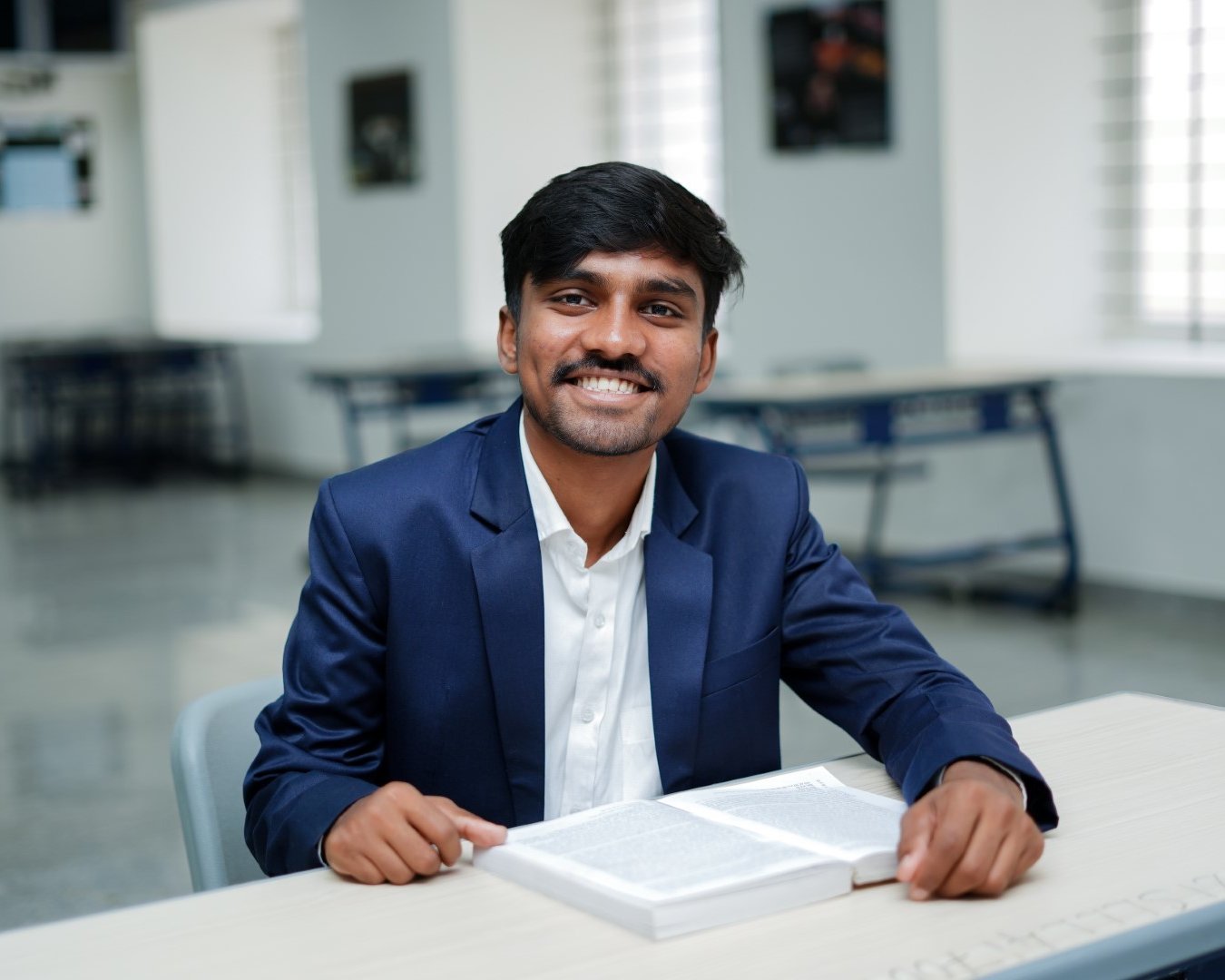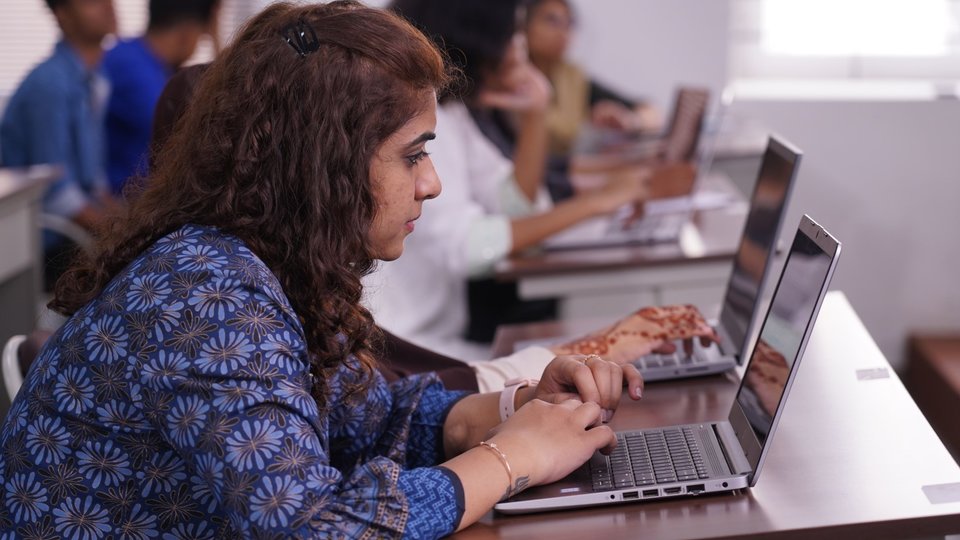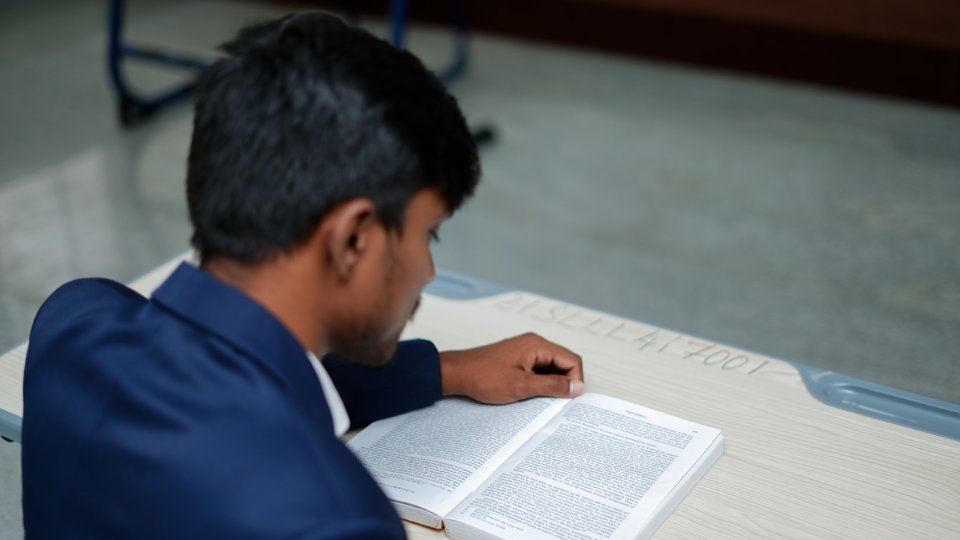Our unique blend of law, science, and technology program. B.Sc. LL.B. (HONS.) curriculum is designed to train students to become skilled and ethical lawyers capable of adapting their practice to changing legal world. To accomplish this goal the university has looked to liberal arts model in shaping the school of law curriculum.
This course emphasis is on individual responsibility curriculum to give substantive and analytical skills. The aim is not only to provide grounding in common law and statutory foundation of the Indian legal system but also to explore the emerging legal doctrine across the globe, employing traditional methods of legal analysis, enriched by various disciplines.
The school of law offers courses in oral advocacy, counselling, negotiation and many other skills for pre-trial advocacy.
Discover our Programmes
- Degree: Bachelor of Science and Bachelor of Laws (Hons.)Gnanagangothri Campus
- Degree: B.A. LL.B.(Hons) - Bachelor of Arts and Bachelor of Laws (Hons.)Gnanagangothri Campus
- Gnanagangothri Campus, Technology Campus (Peenya Campus)Research
Academic Research Programs
The main objective of this programme is to impart knowledge, understanding and cognitive abilities in Law and science related courses
Studying at School of Law
The main objective of this programme is to impart knowledge, understanding and cognitive abilities in Law and science related courses. The programme further focuses on development of competencies and practical skills required for effective problem solving and right decision making in different activities relevant to Law. The programme also embeds courses to train students on personal development and interactive skills with a feel for society. The B.Sc. LL.B. (Hons.) is of 5 years duration spread over 10 semesters.
Proctorial System
Under the Proctoral System, every student is assigned a faculty member as a Proctor or a mentor.
These mentors offer guidance, support, and encouragement to students, helping them as they progress along their academic journey. From the choice of electives to their academic performance, from attendance to meeting their credit requirements, students can approach these mentors with any and every query.
Proctors also interact with parents/guardians and keep them updated on the progress of students.
To ensure that they reap the benefits of the Proctoral System, students are advised to be in regular contact with their Proctors.
Application-based Learning
The programme will impart the following by the end of it’s programme:
- Application oriented
- Interdisciplinary approach
- Problem solving and outcome driven curriculum
- Research-informed teaching
- Comprehensive assessment and evaluation
- Dissemination of legal and scientific knowledge to solve societal problems
- Foster a culture of socio-legal entrepreneurship
The aim is to create an institutional environment that promotes intellectual and practical learning. With unique diversity, the university seeks to create a scholarly community in which students and faculty discuss issues freely in a variety of setting both formal and informal.
Internships
Students have to take up at least five internships in legal industries, NGOs, Companies, Firms, etc during the course of five years. The objective to give a ‘Real life’ experience and application of the law.
Student Internship Report
The Internship report gives students a chance to put their theoretical learning to the test. They promote a deeper understanding of subject matter and an avenue for students to hone their skills.
Students will have to make a presentation to the HoD and Faculty members regarding the report stating all their experiences and learnings in the internships through the five year time period. It encourages the students to work independently, while also being reassured of the support of experienced professionals should they stumble along the way.





